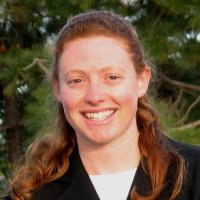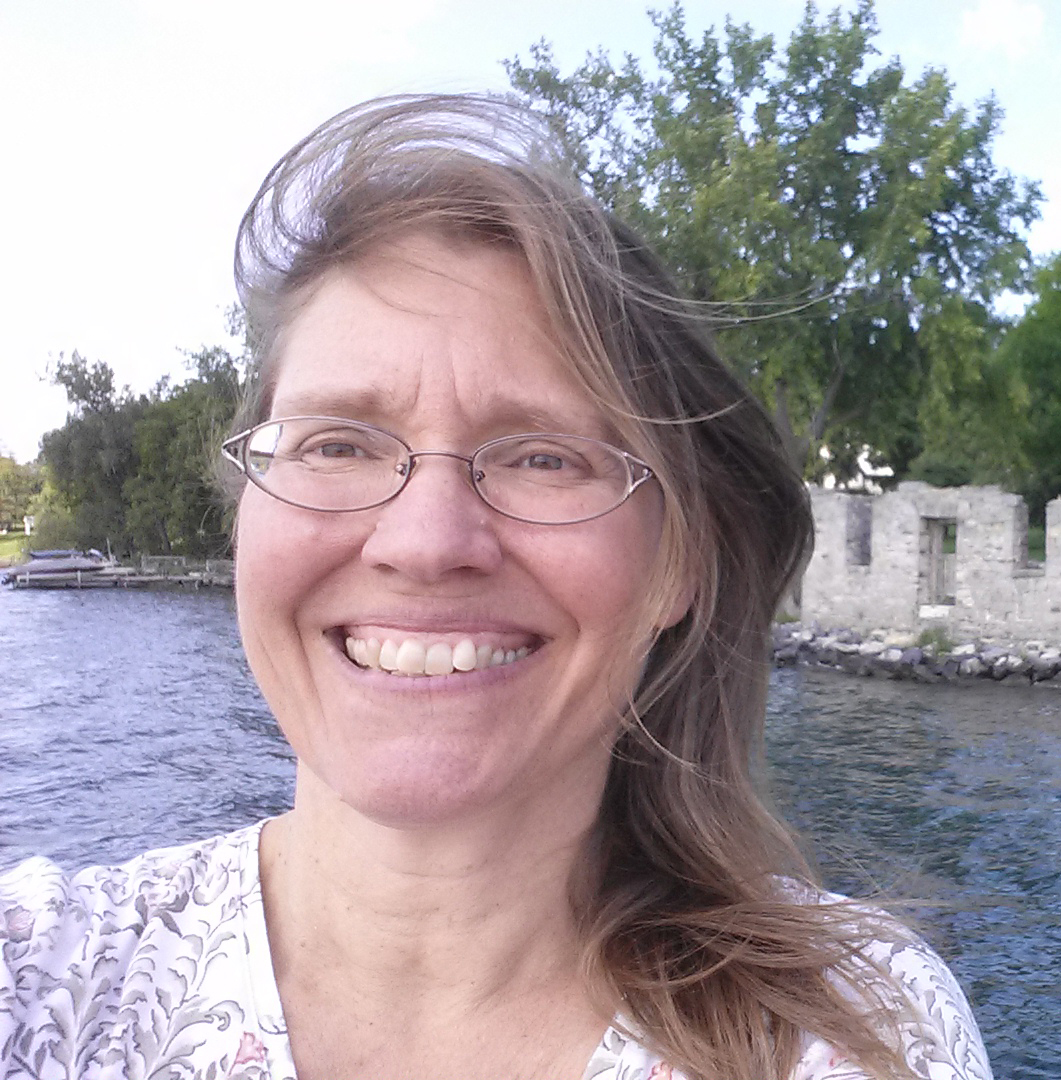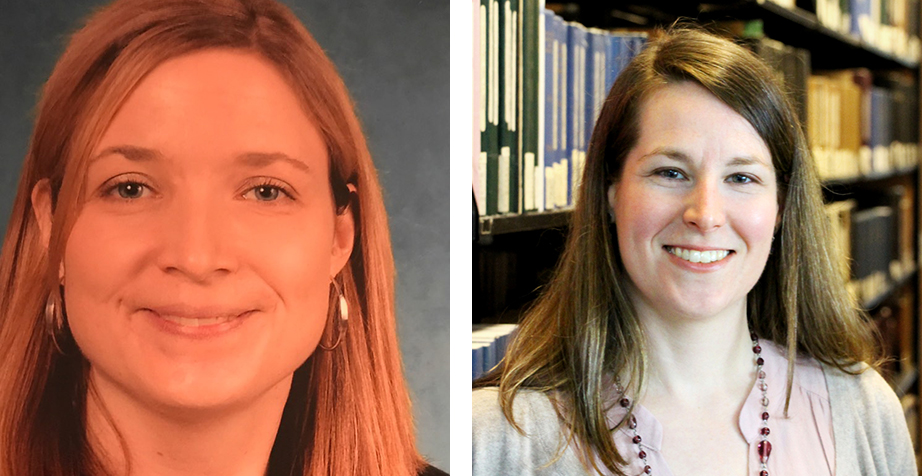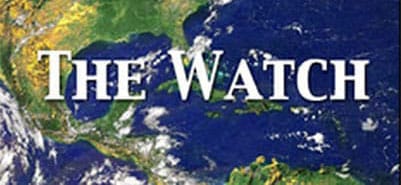Deep-Sea Corals, Real-Life Data and Collaborative Science
Deep-sea corals and sponges support complex and productive ecosystems but are still largely undiscovered. These animals can live for hundreds or even thousands of years, and can grow to the size of a minivan or in reefs up to 300 feet off the seafloor! They support commercially valuable fish habitat in every region of the U.S. and hold great biomedical potential. NOAA's Deep Sea Coral Research and Technology Program coordinates research on deep-sea coral and sponge ecosystems, building our limited understanding of where and how they exist. New species are identified every year, and researchers are constantly learning about processes such as coral growth and recovery from damage. This presentation will cover recent advances in the science and protection of deep-sea corals, and introduce newly released free NGSS designed lessons, activities, and resources designed to facilitate classroom explorations into build understanding of these hidden ecosystems as well as ocean planning and stewardship, collaborative science, marine biodiversity, ocean data portals and stakeholder engagement.

At the time of this presentation Dr. Heather Coleman was the coordinator of NOAA's Deep Sea Coral Research and Technology Program. In this role, she works with researchers and resource managers around the country to enhance our understanding of deep-sea coral and sponge ecosystems, and protect these important resources. Prior to joining NOAA, Heather worked at the National Academy of Sciences, synthesizing best practices for monitoring restoration in the Gulf of Mexico. She also worked at the Pacific Marine Analysis and Research Association, leading a capacity building program on tools to facilitate marine spatial planning. At UC Santa Barbara, her research focused on ecological effects of natural oil seeps on marine invertebrates. She also studied the history, politics, social dynamics, ecological effects, costs and benefits of restoring a prominent estuary in the center of Istanbul. Heather has also researched shallow coral reef community dynamics, ecological effects of marine debris, oceanic biogeochemical cycling, and invasive plant ecology, and has led volunteer programs to restore and monitor kelp forests and clean the beaches of her home city, Los Angeles.

Eva Barnett is the Outreach Manager for Green Fire Productions, an organization producing documentaries on sustainability and conservation of natural resources. Eva shares inspiring stories of unlikely allies collaborating for the health of our oceans and ocean economies. Eva's gets the films into the hands of decision-makers, institutions and community leaders for targeted screenings, as well as to environmental film festivals. She leads the effort to distribute the films to schools and libraries across the country. As the co-developer and project manager for the Exploring Ocean Frontiers Educator Resources, she has developed dynamic and engaging materials that bring the film series into classrooms around the U.S. and the world. Her work is driven by a desire to motivate the next generation of ocean leaders.

Jennifer Buffett (B.A., B.Ed, Masters of Science Communications) and Sarah Lockman (B.Kin, B.Ed., Masters in Cultural Studies and Critical Theory) are curriculum developers who have worked in formal and informal educational settings, including elementary, secondary, post-secondary classrooms and non-profit organizations in British Columbia and Ontario, Canada. They specialize in innovative approaches to hands-on, inquiry and place-based learning, and work with students, teachers and organizations to develop relevant, engaging learning resources and environments.
Education
Webinar Archives Education ResourcesStewardship
Supporting Stewardship Past Projects Focus Area Resources Applying for Funding
Search Education
Get Social
Last updated: 06/16/24
Author: NOAA
How to cite this article
